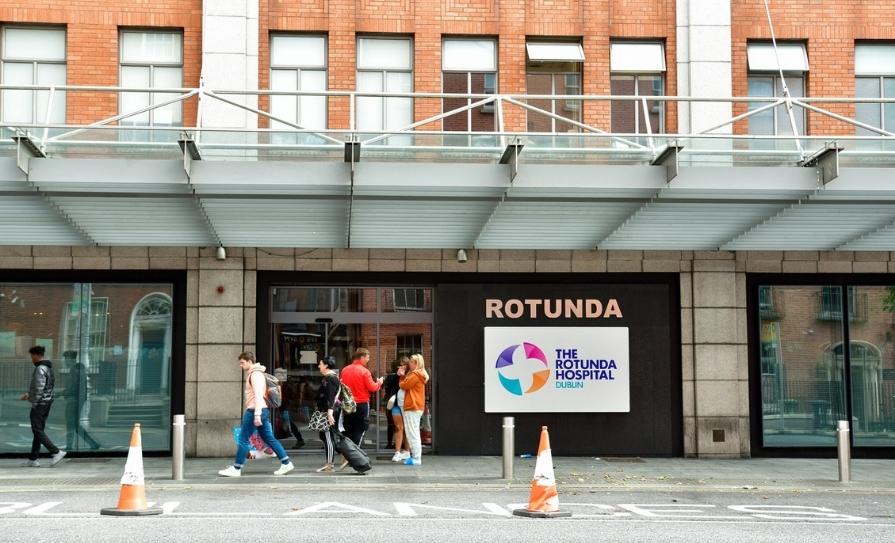There were 479 vacant consultant posts at the end of December 2018, the highest number being related to medicine.
The data, which is contained in the HSE’s final consultant establishment quarterly report for 2018, showed that 108 out of the 763 medicine posts were vacant at the end of last year.
In terms of specialty, these vacancies included: General medicine (54); medical oncology (4); and cardiology (3).
The vacancies according to discipline were as follows: Anaesthesiology (35); emergency medicine (23); intensive care (5); obstetrics and gynaecology (17); paediatrics (38); pathology (56); psychiatry (101); radiology (37); surgery (59); and unspecified (1).
According to the report, general psychiatry (46); anaesthesiology — excluding paediatrics — (32); child and adolescent psychiatry (22); general surgery (22); and emergency medicine — excluding paediatrics — (16) were specialities with a particularly high number of vacancies.
Both the IMO and the IHCA have repeatedly argued that the 30 per cent pay cut for new-entrant consultants, imposed by the Government in 2012, is responsible for the difficulty in filling consultant posts.
Speaking recently to the Medical Independent, Consultant Haematologist Dr Gerard Crotty, Midland Regional Hospital, Tullamore, and a former President of the IHCA, said: “The pay inequality for newly-appointed consultants is the major factor [in recruitment difficulties] and is counterproductive; not actually saving money due to the need for expensive agency locums and the quality issues that can result.”
IMO President Dr Peadar Gilligan also told this newspaper: “The reality is there are services that are not being provided because there isn’t a doctor available to perform those duties. So it really is very, very concerning to the medical profession that Ireland isn’t an attractive place to work in hospital medicine and indeed in primary care now, since the ‘financial emergency measures in the public interest’.”













Leave a Reply
You must be logged in to post a comment.